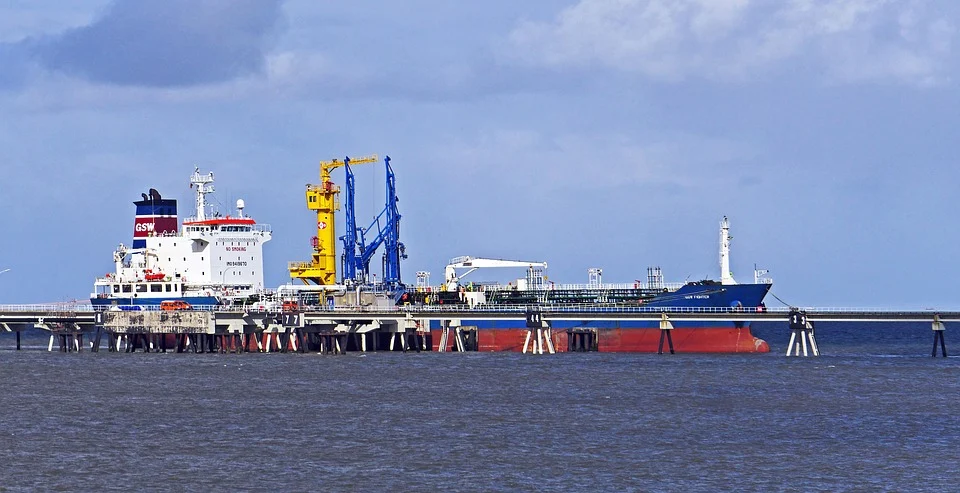In the wake of backlash against police violence in the United States, several technology companies have suspended their development of facial recognition technology. IBM CEO Arvind Krishna noted the use of facial recognition is biased and contributes to the perpetuation of racial discrimination:

“IBM firmly opposes and will not condone uses of any technology, including facial recognition technology offered by other vendors, for mass surveillance, racial profiling, violations of basic human rights and freedoms, or any purpose which is not consistent with our values and Principles of Trust and Transparency,” Krishna wrote in the letter delivered to members of Congress late Monday.
At the same time, Amazon put a moratorium on police use of its facial recognition technology for one year. The company cites the need for tougher regulations in conjunction with the software, and hopes that governments will use the time to put in place enough regulations to make the use of facial recognition more equitable:
“We’ve advocated that governments should put in place stronger regulations to govern the ethical use of facial recognition technology, and in recent days, Congress appears ready to take on this challenge,” Amazon said in a statement. “We hope this one-year moratorium might give Congress enough time to implement appropriate rules, and we stand ready to help if requested.”
These moves stem from recent weeks of protests following the police killing of George Floyd, an unarmed black man, in Minneapolis, Minnesota.
Europe is presenting mixed signals about the reopening of the region’s economy. On one hand, Germany extended its travel warning for counties outside of Europe through August, and specifically asked citizens to avoid travel to the United Kingdom. Meanwhile, most countries are opening their borders to allow for summer holiday travel, hoping to give local economies a sorely needed boost.
While lockdowns across the region were tough, researchers at Imperial College London attest that these lockdowns saved millions of lives:

“Lockdown averted millions of deaths, those deaths would have been a tragedy,” said Dr Seth Flaxman, from Imperial.
Dr Solomon Hsiang, one of the researchers, said coronavirus had been a “real human tragedy” but the global action to stop the spread of the virus had “saved more lives, in a shorter period of time, than ever before”.
The Chicago-based startup M1 Finance just secured $33 million in a Series B funding round. The financing will be used to help the already growing company double-down on its already existing line of fintech products to give the company more flexibility moving forward. M1 already has more than $1 billion AUM (assets under management), and has provided its users with an all-in-one money management platform:

“Our clients are intelligent, self-directed investors building long-term, sustainable wealth. We want that to be as easy and automated as possible, while still letting our clients maintain the control they desire,” M1 Finance founder and CEO Brian Barnes said in a statement.
“With M1, you can build an entire wealth strategy in only a few clicks, down to individual stocks and ETFs. We take it from there, handling all the day-to-day optimization, rebalancing, and re-investing according to your instructions so you can spend more time building strategies and less time executing them.”
The Series B round brings the company’s total financing to $54.5 million. This round is being led by Left Lane Capital, with Clocktower Technology Ventures and Jump Capital also participating.
After falling to historic lows earlier this year, oil prices have rebounded. Brent crude climbed above $40 per barrel as OPEC announced it planned on extending production cuts to shrink oil supply on the global market.
While OPEC members tentatively agreed on the cuts, it is unclear how they will be enforced among the nations. This is especially worrisome given that Iraq has voiced its concern about the cuts as currently laid-out:

“The actual mechanism for punishing errant producers is unclear,” RBC Capital Markets analysts wrote this week in a client note. “The OPEC leaders did not specifically respond to questions about the Iraqi finance minister’s request for a quota reconsideration based on ‘economic conditions and living standards’. We remain skeptical about Iraq’s ability to meet their enhanced output commitments.”
The price of oil could still drop if a second wave of COVID-19 hits in the fall or winter, causing another halt to the global economy. This makes the virus an integral part of how oil will perform for the remainder of 2020.